
[ad_1]
Healthy eating is a key factor during pregnancy, from pregnancy planning to childbirth and breastfeeding and subsequent neonatal care.
You can access the pregnancy and birth calculator on our site to determine the exact fetal age and due date.
Good nutrition during pregnancy:
Healthy eating is generally beneficial, but eating is more important during the planning phase of pregnancy, and throughout pregnancy in particular, to ensure a safe chance for pregnancy and fetal development.
What is the preferred diet before and during pregnancy?
It is not recommended to follow a special diet during pregnancy planning and during pregnancy, but it is enough to rely on a healthy and balanced diet. It is also advisable to get vitamins and minerals from a regular diet and not to rely on nutritional supplements without medical need.
With the exception of folic acid supplements, which are recommended to be taken daily at a dose of 400 mg from the planning phase to the end of the twelfth week of pregnancy, in order to ensure the safety of embryonic development, especially of the fetal nervous system, and to avoid abnormalities during this important stage.
Should food intake be increased to double (eat for two)?
The official website of the British Department of Health confirms that the famous advice (Eat for two … for you and the fetus) is only a myth, because relying on a healthy diet for nourishment during pregnancy is enough to meet the needs of mother and fetus together.
A healthy diet aims to obtain adequate amounts of carbohydrates, proteins and healthy fats while avoiding saturated fat as much as possible, as well as consuming enough fruits and vegetables (about five servings per day) to meet the needs of the body. mother and fetus with essential vitamins and minerals.
You can consult your doctor about the appropriate amount of food during pregnancy depending on your body’s needs and usual physical activity.
What foods should you watch out for before and during pregnancy?
Our daily diet contains varying amounts of chemicals and germs, which usually do not cause harm or are harmful for simple infections without symptoms or with minor symptoms without complications.
But you need to pay special attention when planning pregnancy and during pregnancy to the type and amounts of these foods to avoid exposing the mother or fetus to poisoning or infection due to poor immune response or to some other factors, and this article presents a list of such foods and drinks:
Milk and dairy products:
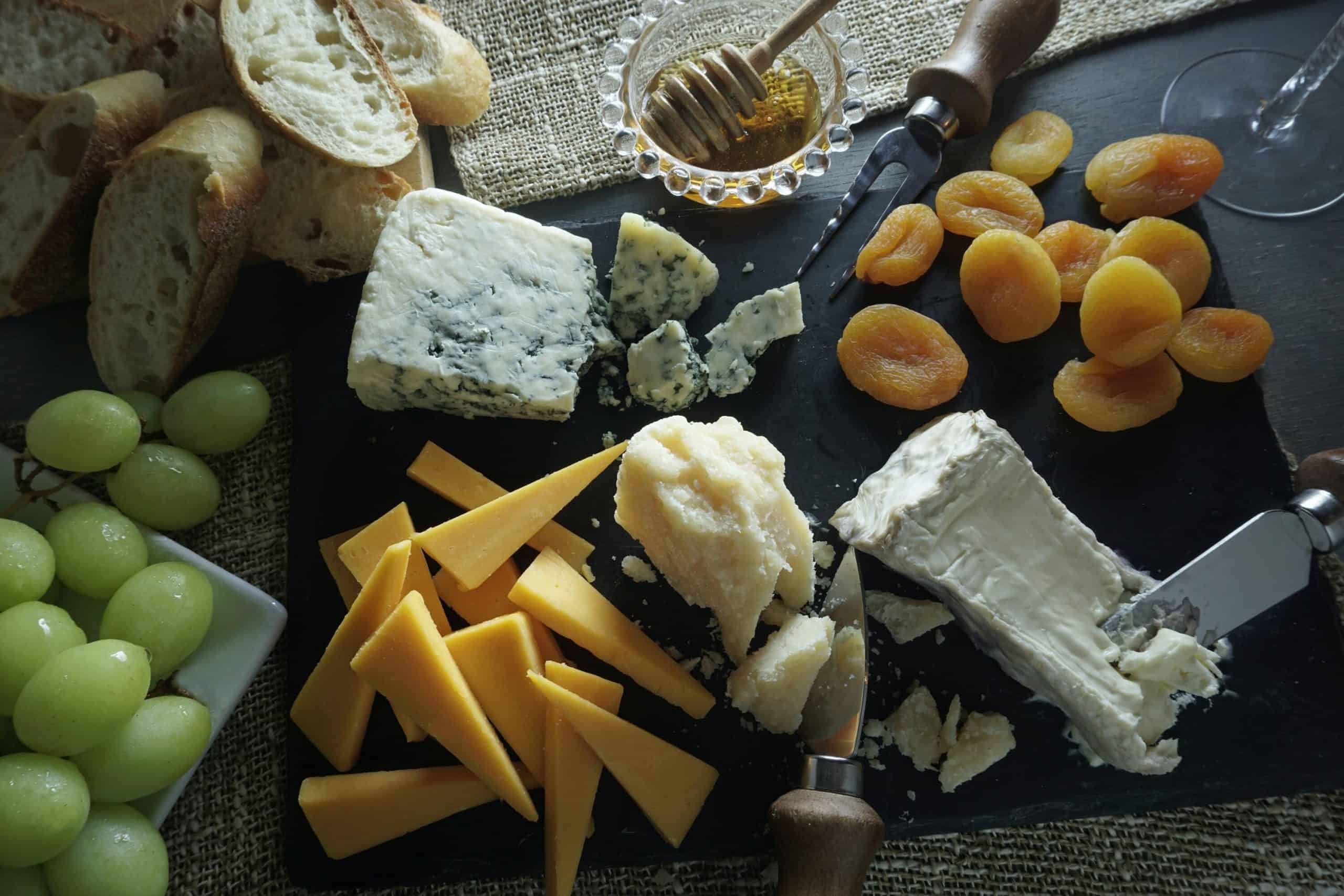
Pasteurized milk and dairy products made from pasteurized milk are safe to consume, as well as hard cheeses, pasteurized soft cheeses, preserves, yogurt, cream and ice cream.
It is strictly forbidden to consume unpasteurized dairy products and its products (such as unpasteurized ricotta and feta). It is also advisable to avoid soft cheeses covered with rinds (such as Brie and Comember) and blue cheeses (Réquefort and similar). Vapor of it, due to the risk of bacterial poisoning and infection of the fetus during pregnancy (Listeria infection), which can end in miscarriage or death.
Meat and poultry:
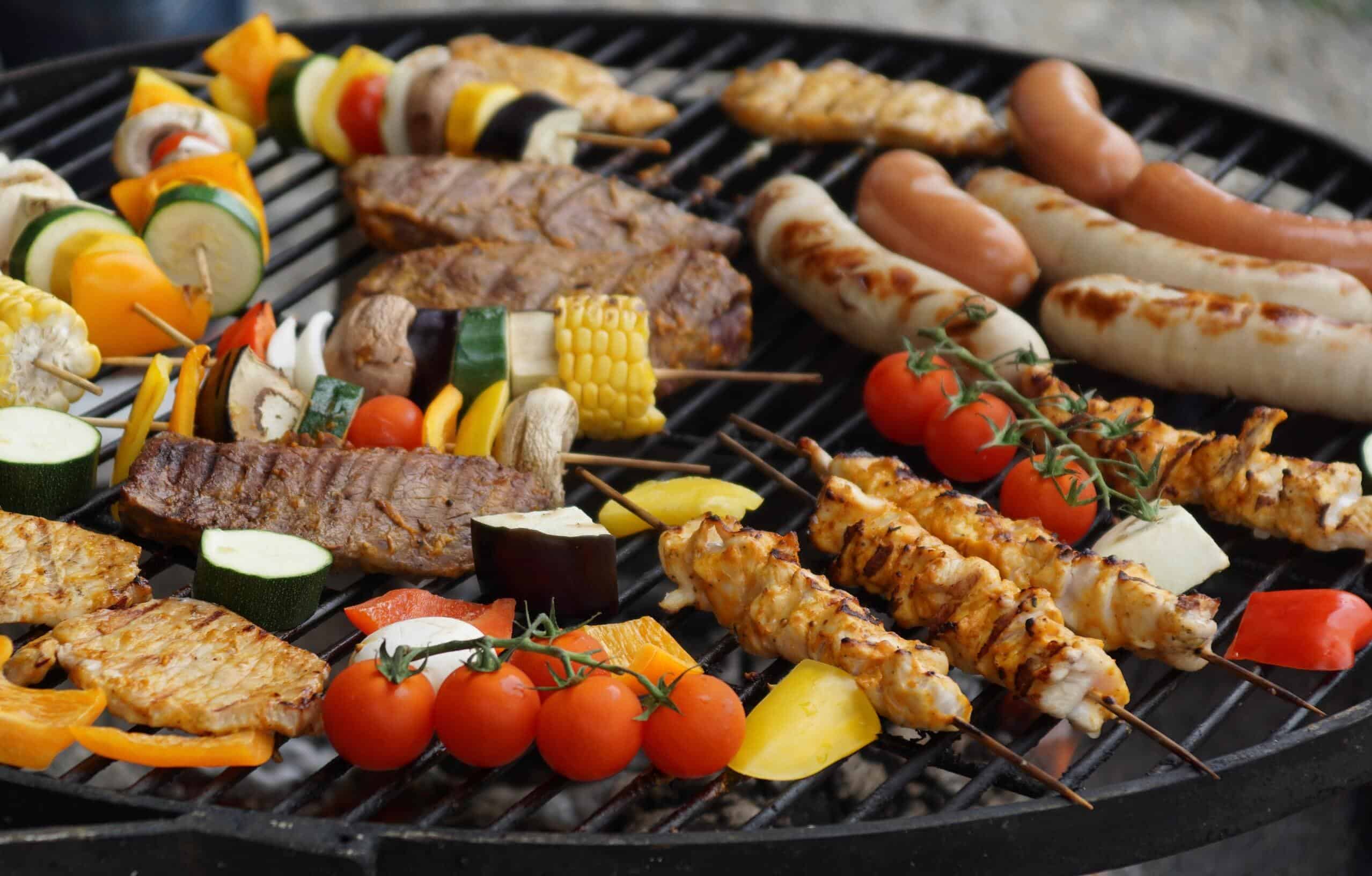
All types of meat and poultry can be eaten once they are fully cooked and the pink color of the meat is completely gone, especially poultry, burgers and sausages.
Be careful when eating cold cuts, like salami and cold and smoked meats, and cook until they are steamed.
It is strictly forbidden to eat raw or semi-cooked or cooked at low temperature (pâté) meat, as it may contain toxoplastic parasites that can cause miscarriage or birth defects in the fetus.
It is also advisable to bypass the liver completely as it contains high levels of vitamin A which can lead to toxicity to the fetus, and it is also advisable to avoid birds and wild animals that have been hunted as they contain high levels of lead used for hunting.
Fish and seafood:
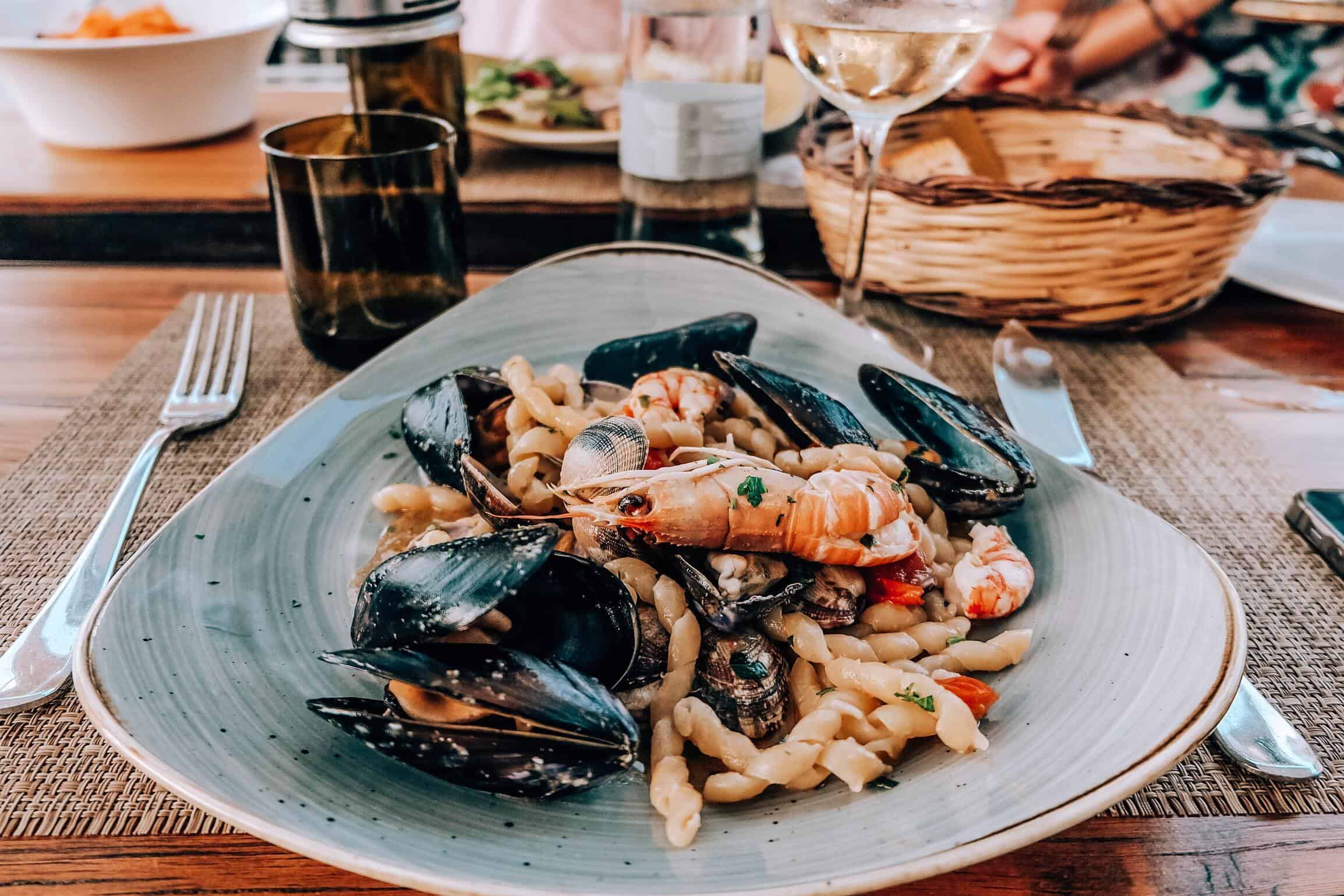
Fish, seafood, and shellfish can be eaten after they have been thoroughly cooked, and smoked fish is safe during pregnancy.
Be careful when eating raw, half-cooked fish used in making sushi, and it is advisable to avoid it altogether when you are not sure whether it is frozen long enough before using it.
It is best to limit the amount of oily fish like salmon and mackerel to two or less times per week as they contain high levels of marine pollutants, as well as limiting the intake of fresh or canned tuna to two to four times. to the maximum, and to abstain completely from eating predatory fish such as fish and sharks to avoid exposure to high levels. of Mercury.
eggs:
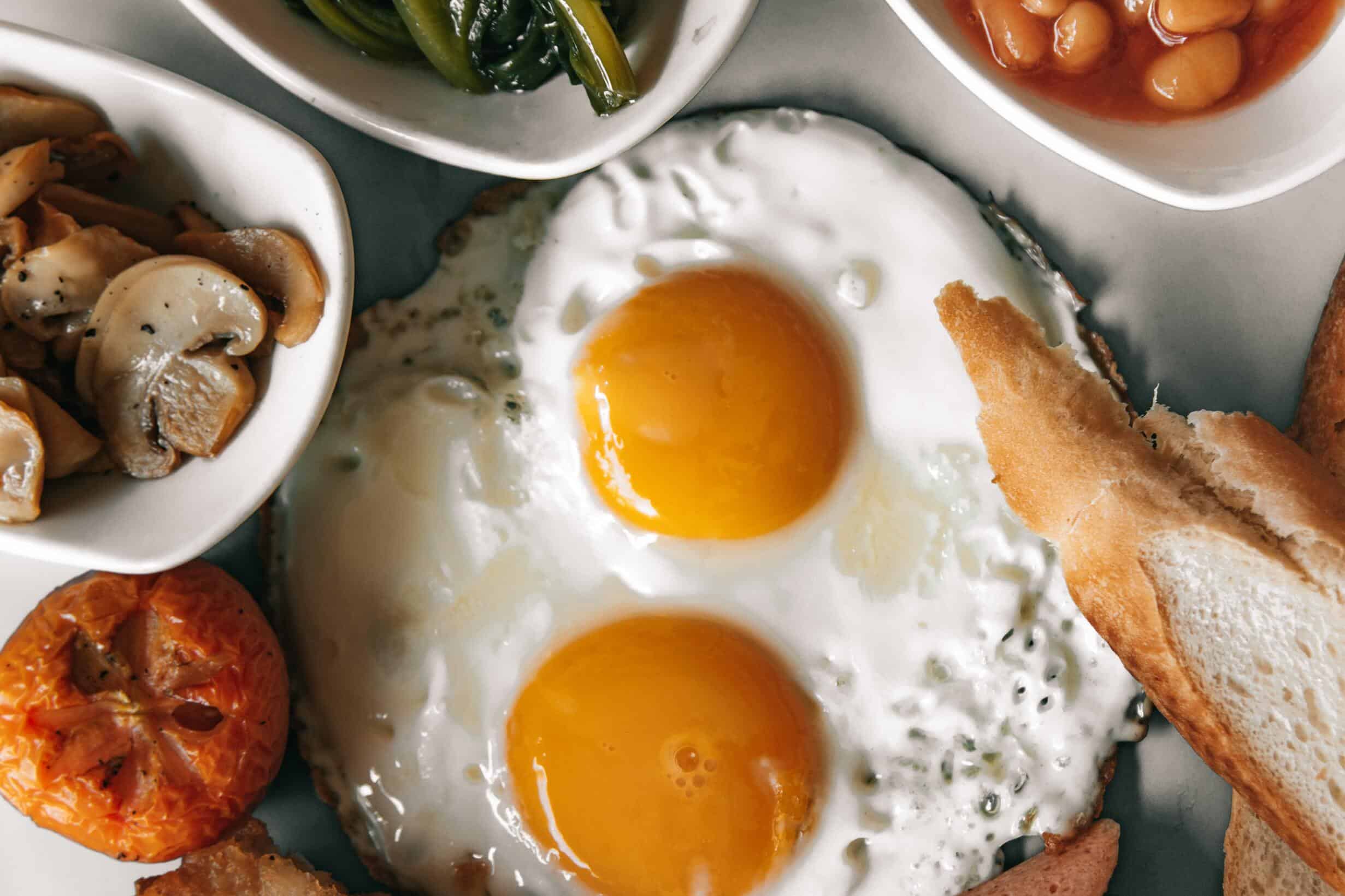
It is advisable to avoid eating raw eggs and semi-cooked eggs on their own or in the batter before cooking them, to ensure that the albumen and yolks harden before eating them, and you can prepare dishes. in white text cooked only with pasteurized eggs.
fruits and vegetables:
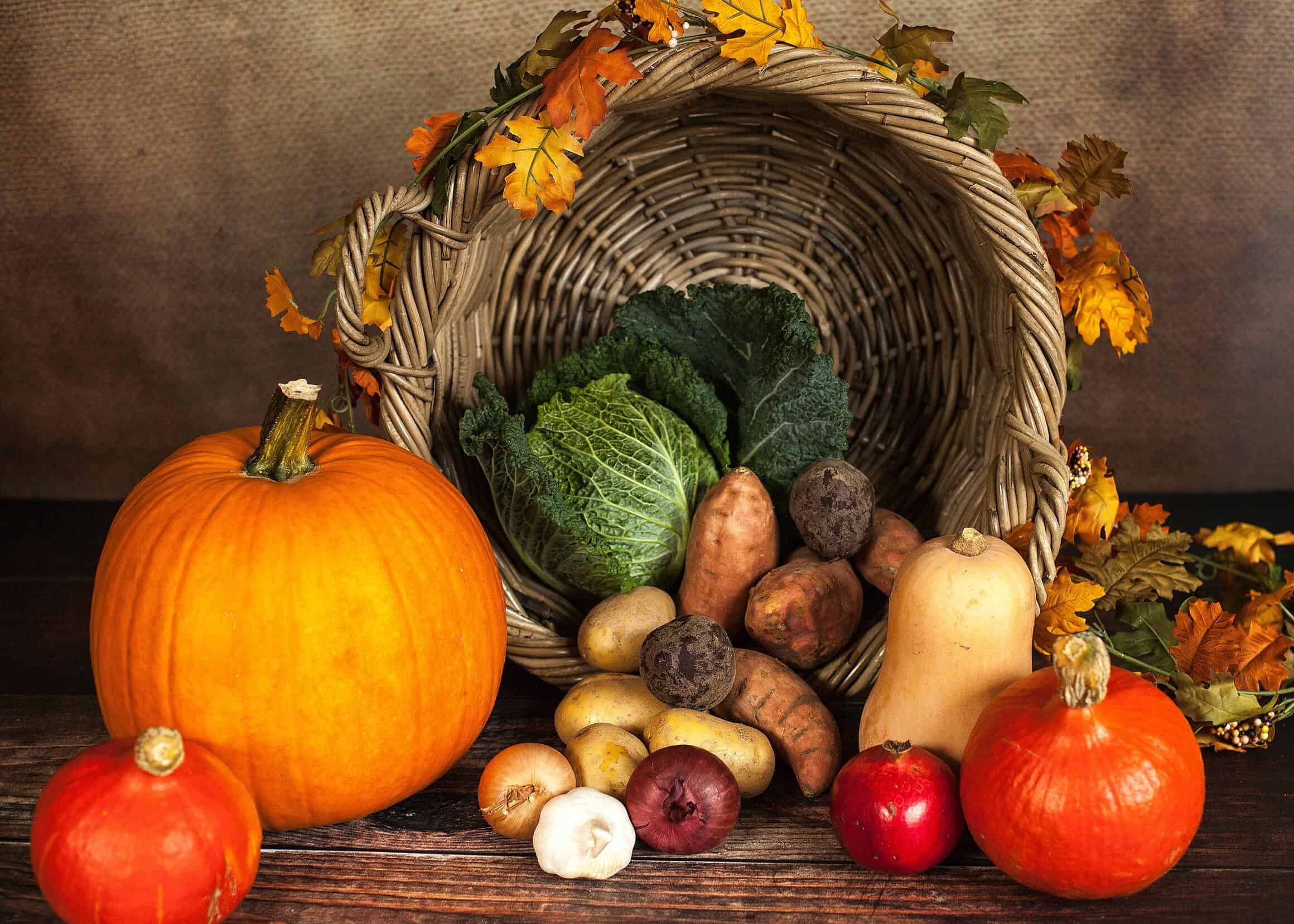
Care should be taken to wash fruits and vegetables well under running water, and it is not recommended to consume fresh, unpasteurized juices except after boiling them for a minute, and it is best to replace them with pasteurized juices.
You should avoid eating sprouts, such as sprouts, radish sprouts, etc., without cooking them due to the risk of Listeria infection.
Drinks:

Alcohol: Alcohol is strictly prohibited during pregnancy planning and at all stages of pregnancy.
Caffeine: It is recommended to limit the consumption of caffeinated drinks to 200 mg or less per day, either three cups of tea (black or green tea), or a little more than one cup of coffee, or two cups of instant coffee or 8 bars of chocolate.
Herbal drinks: A doctor should be consulted before consuming any type of herbal drink, and caution is advised while consuming infusion of anise, chamomile, sage, thyme and fenugreek, and senna (known under the name of diet tea) and licorice root are strictly prohibited due to their ability to violently stimulate uterine contractions.
Juice: It is advisable not to consume fresh unpasteurized juices before boiling, and it is better to replace them with canned and pasteurized alternatives.
The choice of diet during pregnancy and the type and amount of food and drink before and during pregnancy requires a lot of care, but the health of the mother and the fetus and the concern to avoid complications and health problems during pregnancy and childbirth remain above all considerations.
Source link